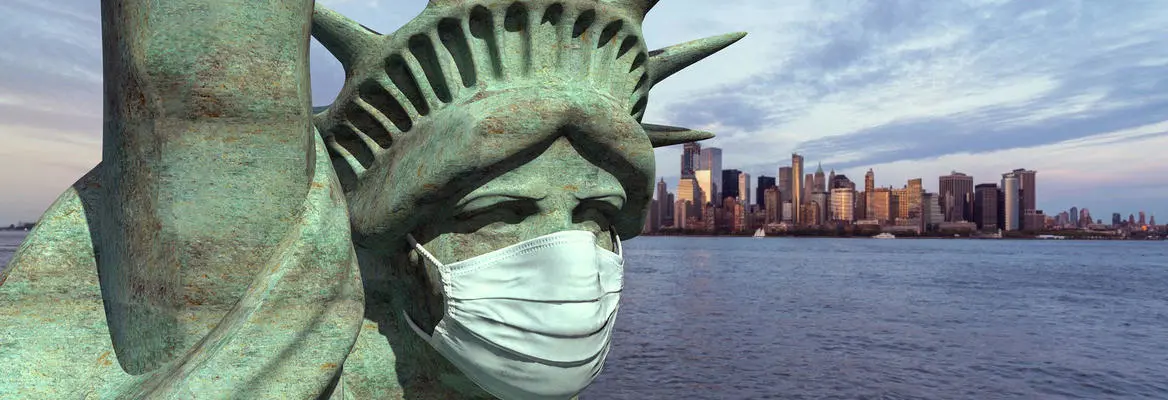Liberty is often viewed as the right to do what we want, free from state interference. The intrusion of stay-at-home orders have quickly been seen as a violation of these rights and an affront to the constitution. Liberty is more complex than this simplistic conception. Recognising this could save lives before and after the pandemic.
As deaths from COVID-19 continue to mount, quarantine fatigue has set in. In the U.S., protesters, some holding signs saying “No Liberty. No Life,” have demanded the end of state stay-at-home orders. Perhaps sharing the sentiment, President Trump has decided not to extend his own social distancing guidelines. In addition, Attorney General William Barr has directed federal prosecutors to “be on the lookout for state and local directives that could be violating the constitutional rights and civil liberties of individual citizens.”
The stay-at-home and shutdown orders that many states are now lifting have imposed enormous burdens on individuals, communities and the economy. They have also limited Americans’ liberty to travel, work, and even in some instances, attend religious services. Barr is also right warn that public health laws can be discriminatory and place unreasonable burdens on fundamental rights. As Lindsay Wiley and Stephen Vladeck explain in a forthcoming paper in the Harvard Law Review Forum, public health emergencies do not justify the suspension of constitutional rights.
This view of liberty as the freedom to do what one wants in the absence of government restraint – what Isiah Berlin termed “negative liberty” – constitutes the conventional wisdom in the U.S.
Nevertheless, it is worth unpacking the assumptions about liberty and constitutional rights that underlie both the protests and the Administration’s stance toward the shutdown orders. To Trump, Barr and the protesters, liberty seems to be the ability to get a haircut, go to work, purchase a gun (the President said that the Second Amendment was under “siege”) or worship in church. It is that last liberty that Barr has focused on.
This view of liberty as the freedom to do what one wants in the absence of government restraint – what Isaiah Berlin termed “negative liberty” -- constitutes the conventional wisdom in the U.S. where rugged individualism and free market capitalism remain compelling ideals. Even the U.S. Supreme Court has endorsed this view. In 1989, in holding that the Constitution does not require a state to protect a child from an abusive parent, the Supreme Court exclaimed that the Framers sought “to protect thThis dogma helps explain why there is no “right” to health care in the U.S. Nor is there a constitutional “right” to public health protection, even from deadly contagion. From a constitutional perspective, the services and protections the government offers are gratuities that need to be circumscribed so as not to inappropriately restrain the liberty to be free from government.















Join the conversation